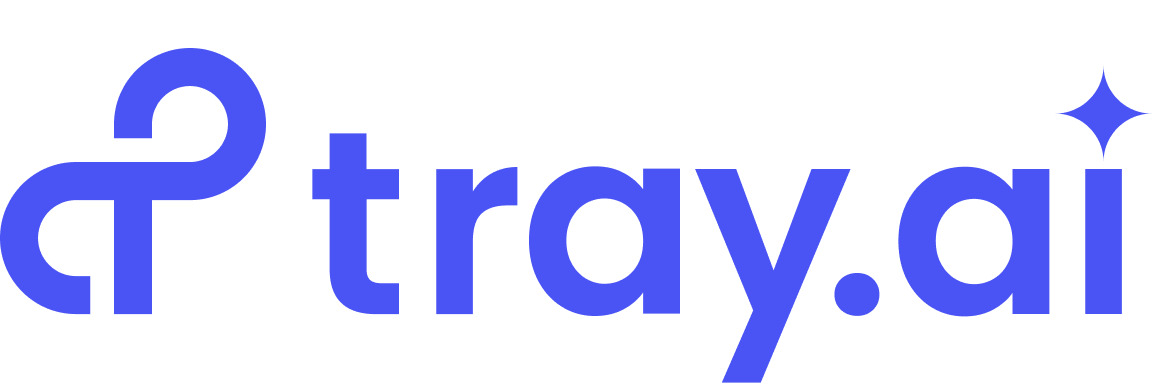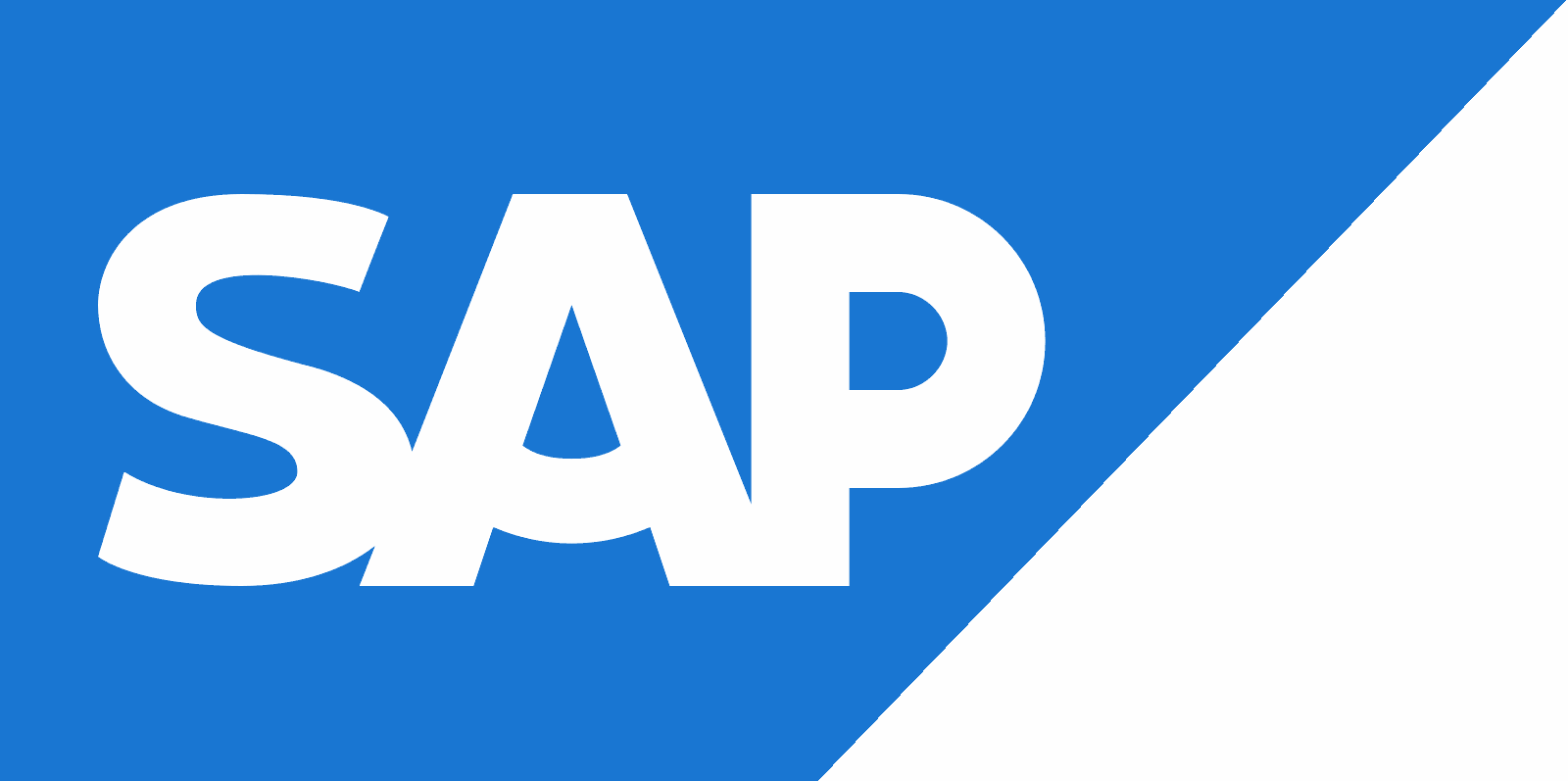With New Cloud Partners, MongoDB Offers More Deployment Options
MongoDB is covering all the major cloud bases with the release of MongoDB Atlas database as a service (DaaS) for the Google Cloud Platform and Microsoft Azure. Atlas was originally launched on AWS (Amazon Web Service).
Using a cloud-based DaaS (database-as-a-service) can free developers from worrying about operational tasks such as provisioning, configuration, patching, upgrades, backups, and failure recovery, so they can focus on building applications.
MongoDB is covering all the major cloud bases with the release of its MongoDB on Google Cloud Platform (GCP) and Microsoft Azure. It was originally launched on AWS (Amazon Web Service).
With MongoDB Atlas extended availability on the top three public cloud platforms, the company is delivering on its vision of running MongoDB anywhere, in any environment, said Sahir Azam, vice president of Cloud Products at MongoDB.

“By extending availability of MongoDB Atlas across AWS and now to Google Cloud Platform and Microsoft Azure, we’re ensuring that MongoDB users everywhere can easily leverage the database with the cloud services they want, all without worrying about the operational overhead of running the database according to best practices.”
In a blog post, Eliot Horowitz, chief technical officer and co-founder of MongoDB, described the simplicity of the service:
Atlas is a database as a service that makes running MongoDB almost effortless, whether you run a single replica set, or a shared cluster hosting a hundred terabytes.
Using Atlas is simplicity itself. There are no servers to set up, configure, or manage, no backups to schedule, no need to set up monitoring or look for security vulnerabilities. If a server goes down in the night, the system takes care of it for you. And if something cannot be fixed automatically, our 24/7 response team is paged, not you. When you need to add more storage, run on bigger hardware, or add more shards, it's a few clicks in the UI, and Atlas takes care of the rest.
MongoDB Atlas delivers high availability with an architecture that is fault-tolerant and self-healing. With comprehensive monitoring and continuous backups built in, MongoDB Atlas provides key metrics and granular, point-in-time recovery. The service delivers high throughput and low latency for read and write operations for any workload. Multiple levels of security ensure that application data remains secure through MongoDB Atlas.
MongoDB Atlas DaaS also provides:
Automated operations: Create and deploy a cluster in minutes. Modify a cluster with zero downtime.
Rich security: Authentication, network isolation, encryption, and role-based access controls keep data protected.
Full elasticity: Push-button ability to easily scale up or down.
Highly available and durable: Each deployment is geographically distributed, fault-tolerant, and self-healing.
Continuous backups: MongoDB Atlas includes a continuous backup solution with point-in-time restores and queryable snapshots.
Full performance visibility: Optimized dashboards highlight key historical metrics. View performance in real-time, customize alerts, or dig into the details with ease.
The View from MongoDB’s Latest Cloud Partners
According to Adam Massey, director, Strategic Technology Partners for Google Cloud, “the combination of MongoDB Atlas and GCP gives developers more choice when building and scaling secure, high-performance, global applications.”
Nicole Herskowitz, senior director of product marketing at Microsoft Azure said the partnership with MongoDB “reinforces [Microsoft’s] commitment to supporting open source solutions as first-class citizens on Azure.”
MongoDB Atlas is available now through Amazon Web Services, Google Cloud Platform and Microsoft Azure with an elastic pricing model that is metered on hourly usage. Readers can find more information and pricing here.
A free version of MongoDB Atlas is available for developers who want to begin developing and prototyping applications. More information can be found here.









